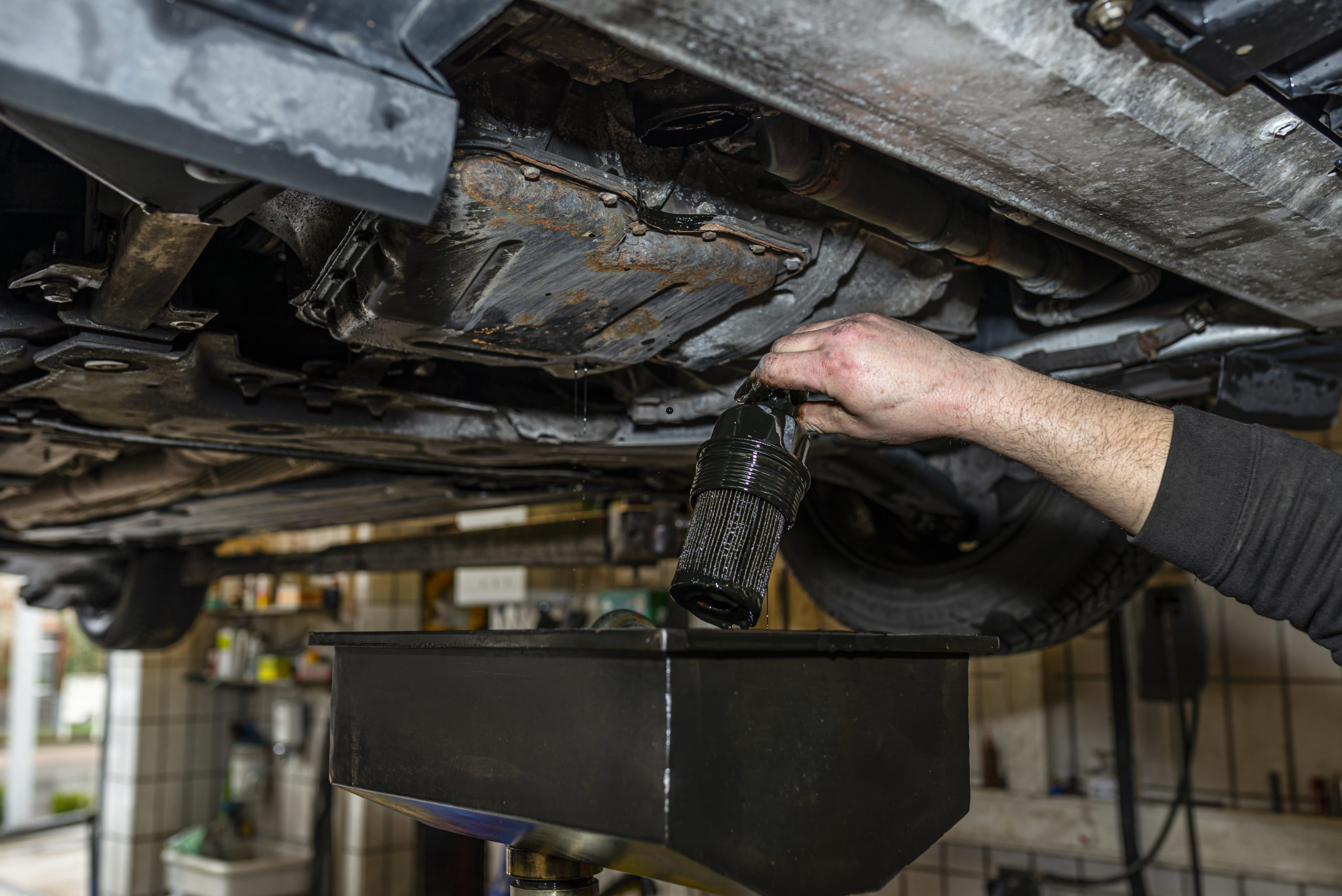One of the best incentives for buying a new or certified pre-owned car is the peace of mind provided by its car warranty. Failing to have your car serviced, including missing an oil change in accordance with factory specifications, could void the warranty.
What is a Car Warranty?
A new car warranty is an agreement between the car manufacturer and the consumer, outlining what you are required to do to keep the warranty in force. A car warranty can be partially voided or entirely. For example, if you don’t have an oil change according to the recommended maintenance schedule and the engine breaks down, the carmaker will nullify the warranty on the engine. The rest of the warranty might remain intact if nothing else was affected by negligence.
Common Ways Consumer’s Void Car Warranties:
- They modify the suspension or use non-conventional tire/wheel combinations.
- Tampering with, disconnecting, or replacing the car’s odometer can completely void the car warranty.
- They make performance modifications (common for those who race cars) or use aftermarket parts that can cause claims to be rejected and engine warranties voided.
- They don’t use the fluids the carmaker stipulates in the car warranty. When you have an oil change performed, make sure the facility uses manufacturer-approved oil, keeping your car running smoothly and its warranty intact.
It is highly recommended that you read the fine print on your car’s warranty, often bundled with the owner’s manual. Also, find and review the “What’s Not Covered” section.
Keep Receipts
Keep all receipts pertaining to maintenance work done at car repair shops other than the dealership while your vehicle is under warranty. After buying a new car, some consumers don’t return to the dealership for service. It’s okay to have some work done at car repair facilities as long as the service provider uses the fluids specified in the warranty/owner’s manual and OEM (original equipment) high-quality filters.
What Happens When You Don’t Have the Recommended Oil Changes?
Oil breaks down gradually as the engine hits high temperatures. After extensive use, the vehicle’s metal parts and moving joints don’t receive the required lubrication. A result of the lack of lubrication is that joints start rubbing together, causing premature wear. Bottom line, oil is the lifeblood of your vehicle.
When Should You Have an Oil Change?
Check the vehicle’s owner’s manual for specifics on when to have an oil change. It should also be mentioned that the recommended interval is only a guideline that’s appropriate under the right circumstances. The oil should be changed more often if you regularly drive on dirt roads or in extreme temperatures.
Don’t miss your oil change, have our certified technicians take care of it for you. Contact us today.







Join the discussion 6 Comments